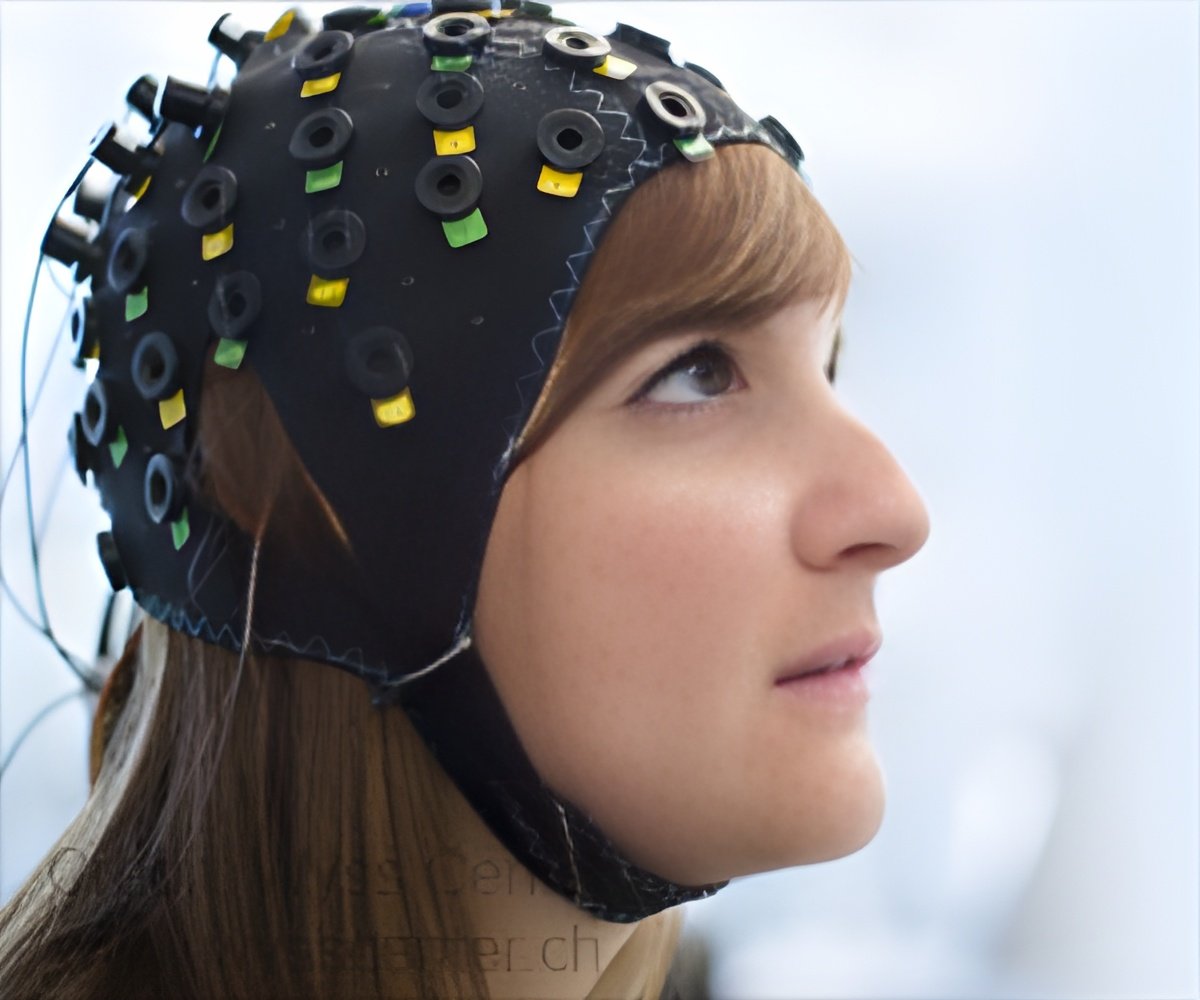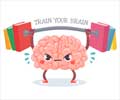Computers help to spot the difference between brains of healthy people and the brains of people with dissociative identity disorder(DID) or multiple personality disorder

‘New technology can prevent unnecessary suffering by early diagnosis and by targeted therapeutic interventions’
Read More..




Using machine-learning techniques to recognise patterns in the brain scans, the researchers were able to discriminate between the two groups with an overall accuracy of 73%, significantly higher than the level of accuracy you would expect by chance.Read More..
This research, using the largest ever sample of individuals with DID in a brain imaging study, is the first to demonstrate that individuals with DID can be distinguished from healthy individuals on the basis of their brain structure.
DID, formerly known as 'multiple personality disorder', is one of the most disputed and controversial mental health disorders, with serious problems around under diagnosis and misdiagnosis. Many patients with DID share a history of years of misdiagnoses, inefficient pharmacological treatment and several hospitalisations.
It is the most severe of all dissociative disorders, involving multiple identity states and recurrent amnesia. Dissociative disorders may ensue when dissociation is used as a way of surviving complex and sustained trauma during childhood, when the brain and personality are still developing.
Dr Simone Reinders, Senior Research Associate at the Department of Psychological Medicine, Institute of Psychiatry, Psychology & Neuroscience, King's College London led the multi-centre study involving two centres from the Netherlands, the University Medical Centre in Groningen and the Amsterdam Medical Centre, and one from Switzerland, the University Hospital in Zurich.
Advertisement
"The findings of our present study are important because they provide the first evidence of a biological basis for distinguishing between individuals with DID and healthy individuals.''
Advertisement
Source-Eurekalert












